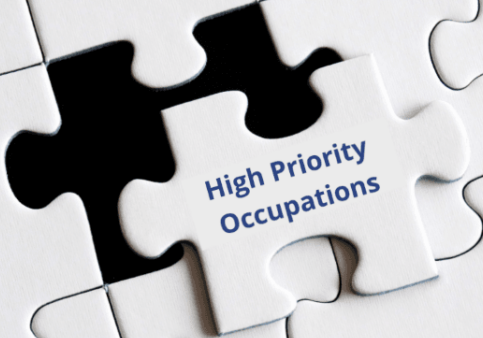Since the start of the COVID-19 pandemic and resulting economic crisis, more than 233,000 newly unemployed Philadelphians—approximately 30% of the city’s labor force—have filed initial claims for unemployment compensation with the State of Pennsylvania. Workers across the city have experienced negative economic impacts during the pandemic. However, by their race and ethnicity, their age, their industry of employment, and where they call home, those already left out of the economic mainstream have experienced the most severe impacts. As the pandemic persists, it continues to affect specific groups within Philadelphia’s population more than others and exacerbate existing inequities.
- In Philadelphia, Black and African American women ages 25 – 34 represent the single largest combined demographic group of initial unemployment claimants who have filed since the start of the COVID-19 crisis.
- The racial disparity among continuing claimants has persisted throughout the pandemic. While continuing claims by white, Hispanic, and Pacific Islander and Asian workers began decreasing in May, those by Black and African American workers did not peak until June. Subsequently, claims as a share of participation in the labor force hovered at higher levels for Black and African American workers for a longer period than for other claimants.
- The Philadelphia neighborhoods filing the largest shares of initial claims to crisis-to-date are those often adjacent to communities with low labor force participation rates.




